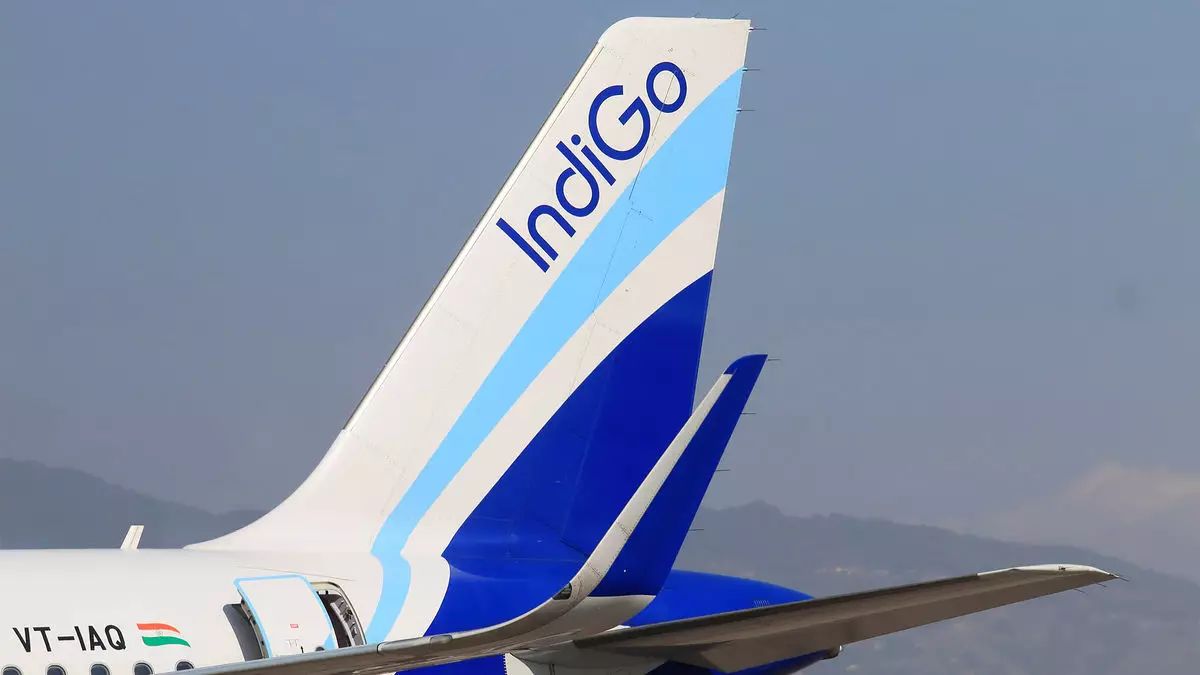In a decisive shift towards creating a globally recognized footprint, IndiGo, India’s leading airline, is making waves with its announcement of the first U.S. codeshare agreements. Teaming up with industry giants Delta and KLM for routes extending to Canada from Amsterdam, as well as with Virgin Atlantic for U.S. connections from Manchester, the Indian airline is setting the stage for what could become a transformative phase for its long-term ambitions. Although these partnerships are nascent, they signify a potentially monumental relationship that could redefine the airline’s global operations.
A Bold Vision for Expansion
Pieter Elbers, CEO of IndiGo, made a compelling case for the immense potential these codeshares hold during a recent press conference at the International Air Transport Association’s Annual General Meeting. Highlighting the synergy between IndiGo’s expansive domestic network—boasting over 30 codeshares with partners like Air France and Virgin Atlantic—and their transcontinental aspirations, Elbers’ confidence is well-founded. The aviation world is hungry for fresh partnerships, and IndiGo seems primed to capitalize on this hunger, paving the way for a more integrated experience for international travelers.
Future Integration: A Dream or Reality?
Delta Air Lines CEO Ed Bastian acknowledged the vibrant opportunities of a burgeoning partnership but tempered expectations regarding immediate integration. While no formal plans exist yet for a joint venture, the dialogue alone represents a strategic pivot, given Delta’s previous hiatus from the Indian aviation market exacerbated by the COVID-19 pandemic. With plans to re-establish routes to India, the latent potential for collaboration between Delta and IndiGo may well be on the horizon, setting the scene for an exciting future in airline networking.
The Flight Path Ahead
IndiGo’s trajectory involves more than just a codeshare partnership; it’s marching towards establishing transcontinental routes. The anticipated launch of services connecting India to the U.S. is contingent on the airline receiving its own fleet of widebody aircraft, projected for delivery starting in 2027. This ambitious step underscores IndiGo’s vision as it prepares to unfurl its wings on international routes. Upcoming operations will be executed with leased Boeing 787 aircraft, a temporary solution that aligns with IndiGo’s rapid expansion plan.
As per announced timelines, the airline is set to take to the skies with new long-haul routes to cities including Manchester and Amsterdam by July 1 and July 2 respectively. Elbers’ assertion of progressing with eight more long-haul cities in the coming year, including destinations like London and Athens, reflects a keen insight into global travel trends and demand for connectivity, which continues to surge post-pandemic.
Transformative Fleet Developments
Key to IndiGo’s ambitions is its remarkable fleet development. The decision to convert 30 of the 70 Airbus A350 orders into firm commitments displays a calculated strategy aimed at modernizing its long-haul capabilities. Currently managing a fleet of over 400 aircraft, with an order book that is the largest globally, IndiGo is positioning itself as a formidable contender in international aviation. The implications of these orders extend beyond mere expansion; they represent the airline’s readiness to challenge prominent global players and cater to growing international travel requirements.
An Industry Buzz
The excitement surrounding IndiGo’s expansion efforts has not gone unnoticed in the industry. Executives from Delta and Virgin Atlantic have lauded IndiGo’s strategic moves, acknowledging the company’s dynamic growth since its inception as a domestic low-cost carrier. With over 41 international destinations and aspirations to reach 10 more within a year, the airline stands on the cusp of transforming the landscape of air travel between India and the global community.
In an era where air traffic between India and the U.S. reached around 7 million passengers last year, the groundwork for this expansion appears not just well-timed but essential. By initiating these agreements, IndiGo is not merely joining a competitive market; it is carving out a niche for itself that challenges the status quo, emphasizing its commitment to redefining air travel in the region.
IndiGo’s journey from domestic low-cost carrier to a global entity is steeped in ambition, planning, and timing, ensuring that the airline remains one to watch in the years to come.


Leave a Reply